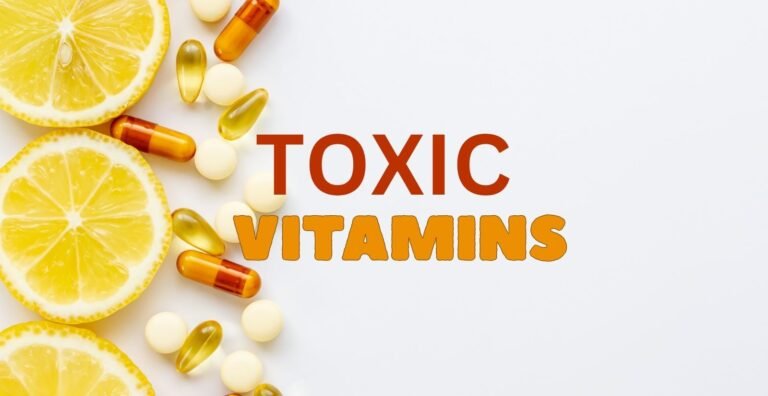Top Health & Wellness Product Reviews with Exclusive Sale Prices!
Mental Health Matters: Overcoming the Stigma and Promoting Wellness

In today’s world, mental health awareness is growing rapidly, yet stigma still lingers. Many people hesitate to seek help, fearing judgment, misunderstanding, or lack of support. The mission to break this stigma and promote mental wellness is crucial for the well-being of individuals and society as a whole. This blog post will explore the importance of mental health, the impact of stigma, and actionable ways to promote wellness and create a more supportive environment.
What is Mental Health?
Mental health encompasses our emotional, psychological, and social well-being. It affects how we think, feel, and act in daily life. Mental wellness plays a vital role in stress management, relationships, and decision-making, influencing everything from our self-esteem to our professional achievements. Mental health disorders are common and treatable, ranging from anxiety and depression to bipolar disorder and schizophrenia.
The Reality of Stigma Surrounding Mental Health
Despite increased awareness, mental health stigma persists, often leading individuals to feel isolated. Stigma can stem from cultural beliefs, misinformation, and a general lack of understanding about mental health. Studies show that people with mental health conditions often face prejudice in both personal and professional settings, which may discourage them from seeking help.
Stigmatizing mental health conditions can result in several negative consequences:
- Reduced willingness to seek help: Fear of judgment often leads people to suppress their struggles.
- Social isolation: Individuals may avoid others due to anticipated rejection.
- Low self-esteem: Internalized stigma can damage self-worth and lead to greater distress.
Why Mental Health Matters
- Improved Quality of Life: Good mental health improves our resilience and helps us cope with life’s challenges.
- Enhanced Productivity: People with stable mental wellness are often more focused and efficient.
- Stronger Relationships: Positive mental health supports better communication and deeper connections with loved ones.
- Physical Health Benefits: Mental and physical health are intertwined; poor mental health can lead to physical health issues like hypertension and immune system suppression.
Breaking the Stigma: Why Language Matters
Language plays a significant role in how society perceives mental health. Common expressions like “crazy” or “insane” reinforce negative stereotypes. Opt for person-first language, such as “a person with schizophrenia” instead of “a schizophrenic,” which focuses on the individual rather than defining them by their condition.
Encouraging open conversations about mental health can help to dismantle myths and educate the public. Sharing personal stories and experiences, when appropriate, can also help to humanize these issues and break down prejudice.
Ways to Promote Mental Wellness
1. Educate Yourself and Others
Educating yourself about mental health is one of the most effective ways to combat stigma. Understanding the causes, symptoms, and treatments of common mental health disorders allows for a more empathetic perspective. Advocate for mental health education in schools, workplaces, and communities.
2. Encourage Open Conversations
Talking openly about mental health can normalize the experience and reduce shame. Whether it’s sharing a personal story or listening to others, these discussions help foster a supportive environment. Workplaces can also hold mental health workshops or offer resources to employees.
3. Support Access to Mental Health Resources
Financial barriers, lack of access, and long waiting times prevent many people from getting the help they need. Advocate for accessible mental health services and resources, including teletherapy and support groups.
4. Practice Self-Care and Stress Management
Promote self-care practices as a routine part of wellness. This can include regular exercise, mindfulness techniques, and ensuring adequate sleep. Practicing stress management techniques, such as deep breathing exercises, journaling, or yoga, can significantly improve mental health.
5. Use Social Media Responsibly
Social media can impact mental health, particularly among youth. Encourage responsible use of social media by promoting positive and authentic content. Platforms can also provide educational content to support those experiencing mental health issues.
Conclusion: Why Mental Health Matters
Breaking the stigma around mental health and promoting wellness is essential for a compassionate society. Mental health awareness and supportive environments empower individuals to seek help without fear or shame. Together, we can foster a world that values mental health as an integral part of overall well-being, making it accessible and normalized for everyone.







